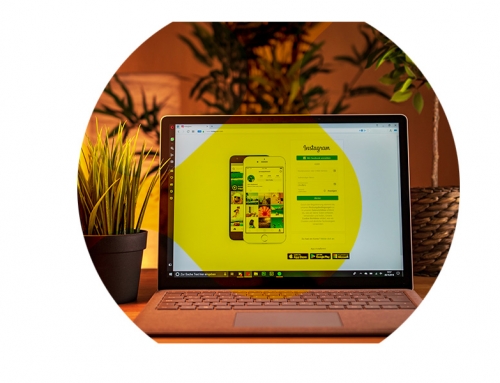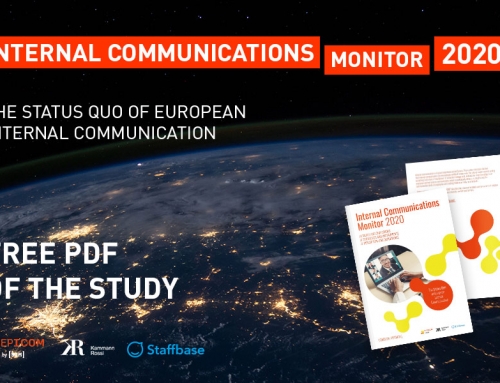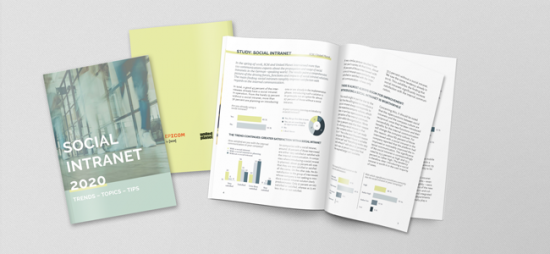Effective content planning allows you to not only align closer with the rest of your organisation but gives you back precious time and helps you stay on track against your objectives.
On Tuesday 1 December, I joined the 2nd European Internal Communications Conference – Digital Internal Communications, running my first virtual, interactive workshop on ‘effective content planning’.
To kick the workshop off, the attendees shared some of the challenges they face when it comes to content planning.

I’m sure many of these are challenges you also face and hopefully some of the top tips below will help. You can access all the event post-recordings here.
Taking a practical approach
I’ve found the following tips not only to be useful in getting started on content planning but a great way to build relationships with colleagues and save some time by not starting with a blank calendar.
Map out your channels – If you haven’t already done so, update your channel matrix and check you know the purpose for each. This will then help you to not only choose the right channel for each piece of content but also to write it in the correct style.
Know your audiences – Each piece of content should be relevant to the audience receiving it. The use of audience personas is a great prompt to check whether the content is going to be of value for each of your audiences.
Evaluate before planning – Don’t forget to look back at what content performed well previously. It can be easy to focus on the next 12 months and not use your evaluation and insights to help define your content needs.
Link to your internal comms objectives – Often you can be swamped with content requests so use your objectives to help filter what content will help you achieve your objectives, ideally linked to those of the organisation.
Don’t plan alone – The majority of your content will no doubt be generated from the needs of other teams such as Huan Resources. Sit down with your stakeholders to understand what’s on their radar for the next 12 months. Also, speak to your external comms colleagues as they will be planning key moments that you can align with.
Agree on key dates – The list of awareness dates is ever-increasing, and you can find yourself inundated with requests to mark these. Speak with your stakeholders such as diversity and inclusion networks and HR teams to agree and then fix in those dates you’ll promote. These ideally, should be part of a wider strategy and not just for tick boxing.
Adding value for your audiences
I’m sure you have either read a piece of content or taken time out your day to attend an internal and wondered why you bothered. Stick to your content plan and avoid been distracted by all those small requests that come in. Everything you share with your colleagues needs to not only cut through the noise of the day job but have a positive impact and deliver those key messages.
I asked the workshop attendees to share some examples of value and noise generating content.

If you find yourself questioning whether your content is adding value, try a ‘stop, start or continue’ exercise. This will give you the time to review your content, evaluate and make an informed decision on what content is important and valuable to your audiences. Remember, evaluation shouldn’t just happen once, you should always be reviewing your comms delivery.
Further content
Content calendar blog – Suggested templates on Horizon Comms
Internal Comms planning guideline template – Shared by Saskia Jones on allthingsIC
Everyday measurement tips – Bringing measurement into your everyday comms approach on Comms Rebel
About the author
 Dan Holden is a CIPR Chartered PR practitioner with a dedication to internal communications. He’s the founder of Horizon Comms, an in-house communications practitioner and an active member of the CIPR subgroup, CIPR Inside and IOIC FutureNet committee. Having experienced in his early career the frustrations of being a remote worker himself he’s spent his internal comms career to date working within organisations who need to communicate effectively with their remote based colleagues.
Dan Holden is a CIPR Chartered PR practitioner with a dedication to internal communications. He’s the founder of Horizon Comms, an in-house communications practitioner and an active member of the CIPR subgroup, CIPR Inside and IOIC FutureNet committee. Having experienced in his early career the frustrations of being a remote worker himself he’s spent his internal comms career to date working within organisations who need to communicate effectively with their remote based colleagues.
One challenge that he had to overcome in his early career was knowing where to go for help and advice, so he decided to do something about it. Through sharing practical content, resources and signposting to other sources of information Horizon Comms has grown to offer support and development to junior communication professionals.









